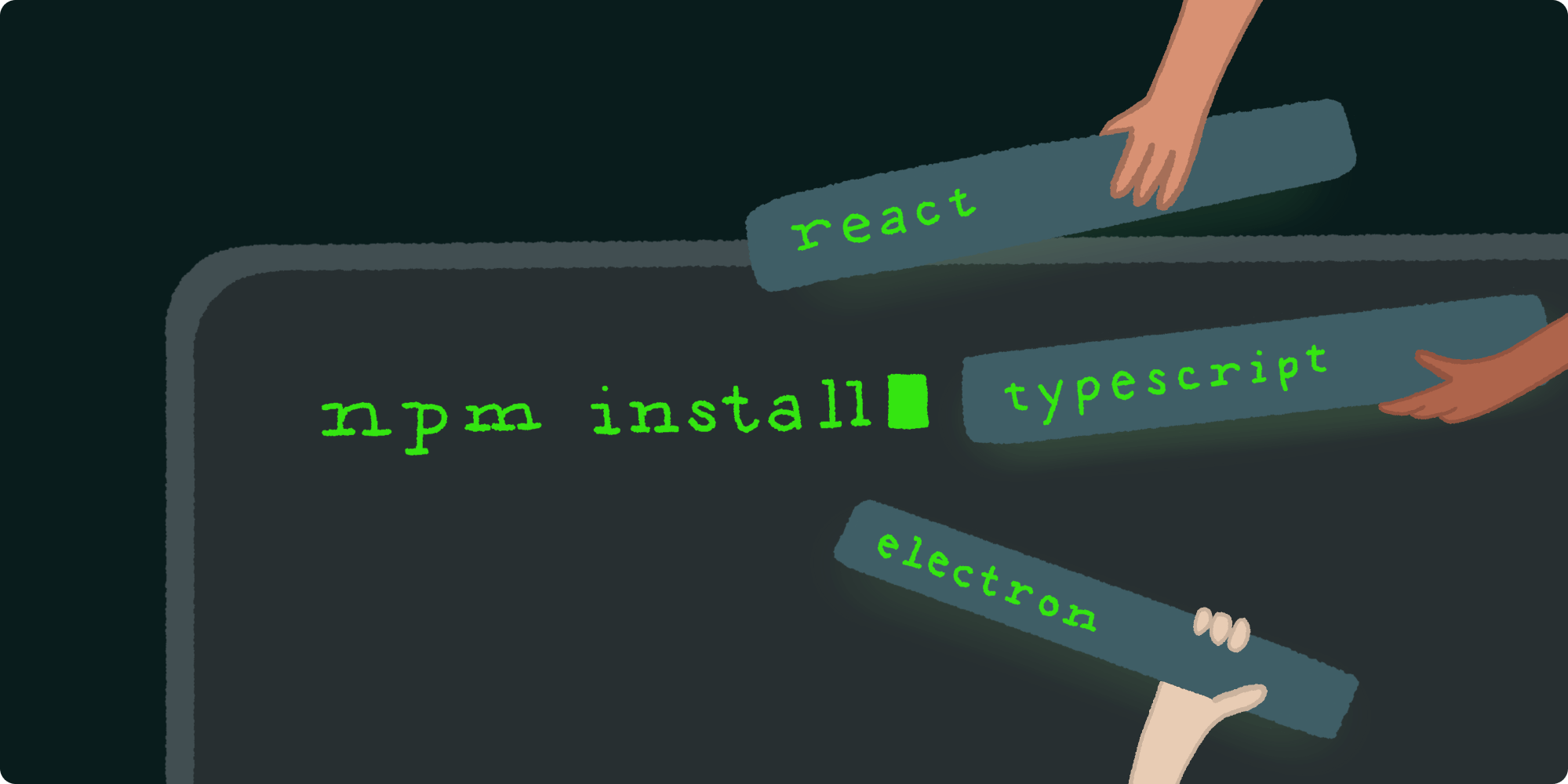When Industry Becomes Passion
What Open Source Can Teach Us About Creation and Devotion

Even though I've been in tech for 6 years and I collaborate with software engineers on a regular basis, I’m still not entirely familiar with the inner workings of it all. The open source community, the contribution etiquette, this free public code that millions use on their own projects. When a software project is open source, anyone can request or offer code changes to get them approved or merged by the original creator.
The concept of open source emerged in the 90s and was first seen as a bold new form of communal labor. This spirit of knowledge sharing also takes shape into these questions-and-answer-based forums where —apparently— even your most senior devs still turn to regularly. This deeply embedded collaboration is truly remarkable in the software world. And it's not even an explicit community you have to join and be active on to remain a member. Just by writing code, you're in. And you'll get to exchange with total strangers who code as well from anywhere on Earth.
I wonder what makes it so that there is so much giving and helping in the coding world. What about this speciality or even the industry, makes it so that people feel enticed to invest countless hours in projects they’ll be giving out access to almost publicly (for everyone able to to play with). What about the craft of coding is so unique that it creates such passion and devotion in its practitioners?
In my experience working along software developers, the difference between a dev and a good dev is the constant impulse to start new side projects. Good devs are always keen on their next idea. Even if they’re on pager duty that week and the hours are few. Good devs are always up to fix that little bug they happened to notice on some app they use.
So there's this small portion of the developer community that does a very large part of the work for that community out of passion. A lot of software that’s used daily by everyone on the internet has been created voluntarily. A lot of what even keeps the internet online is being done on voluntary bases. Out of sheer love. On top of day jobs. For example, the Bootstrap frontend toolkit was developed by a developer and a designer while they were working full-time at Twitter. Bootstrap is now used by 1/5 of all websites.
It almost feels like the software engineering "industry" would survive if people in it worked solely out of passion. I’m sure there'd be enough contributors out there devoted enough to maintain documentation, update dependencies, filter bug reports, write changelogs and other sucky but necessary chores.
Now based on that, what intrigues me is whether other industries would survive if the people in them worked solely out of passion. We can probably think of a couple typically passion-based ones like not-for-profits, arts, agriculture and architecture maybe. But software engineering is currently very much for profit, and it’s not all artistic —it’s more of a science, heck, it’s technology. However it is a lot like architecture. In that you need to be aware of how the small parts work in order to pick the large ones apart, and you need to consider the environment in which the build(ing) will be used, and you have to account for how the people will navigate it. And then, after long hours of getting your hands dirty and building and fixing problems that occur on the building site, you’ll reach this pinnacle of satisfaction by watching your creation live a life of its own.
I think that might be a big differentiator between software and other industries. The aspect of creation, of building something from scratch. Oh and there's also the fact that, compared to architecture, you actually have to write cryptic messages in coded languages to tell a machine (!) what to do. Now that's a way to feel empowered and accomplished by your work. (Although speaking machine is still one of the most mind-bendiest things we’ve casually integrated in our reality.)
The act of creation is a big factor in being passionate about something. If more industries had some creation as part of their activities, could they survive solely out of passion? Would there realistically be people passionate enough about container ship logistics to keep that ball rolling? Would there be enough truly passionate accountants to keep all the books that need keeping? What if businesses were to disappear completely and all the software we use be developed out of passion, all the food we ate be cultivated and transported out of passion, all the goods we buy be crafted and distributed out of passion? Is this the missing link we need to stop worrying about the threat of automation, making sure everyone has more creation in their daily work?



